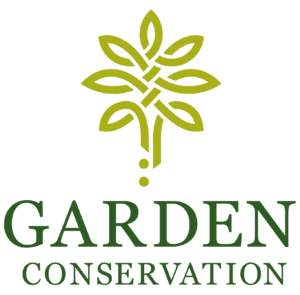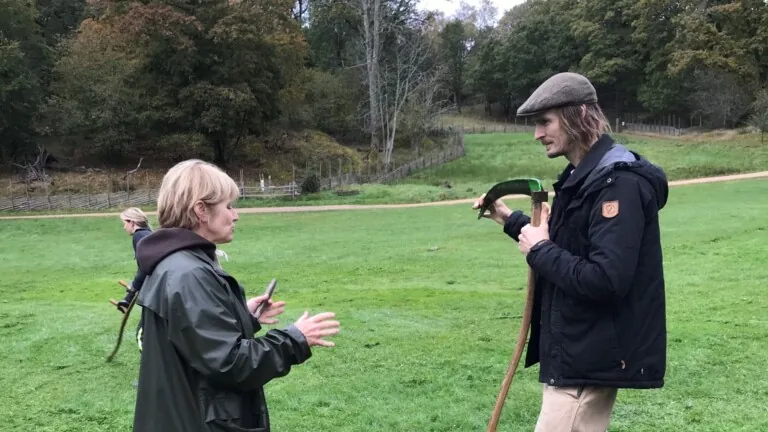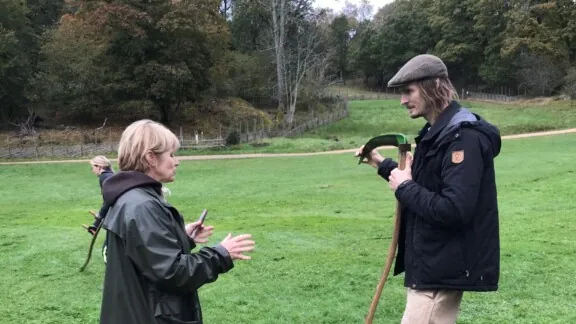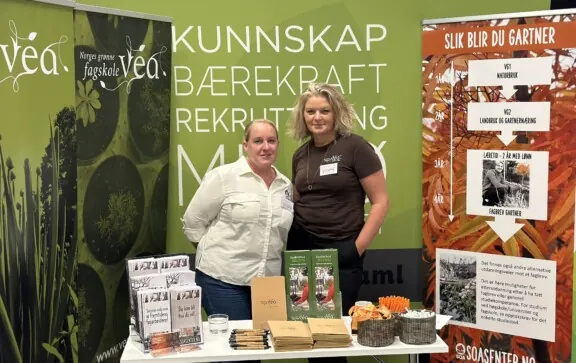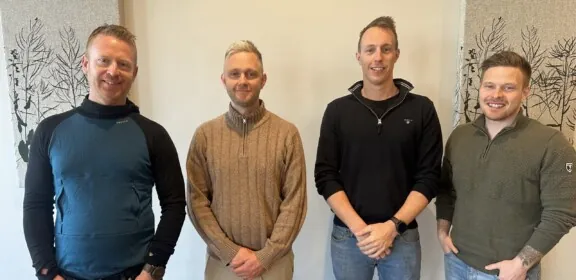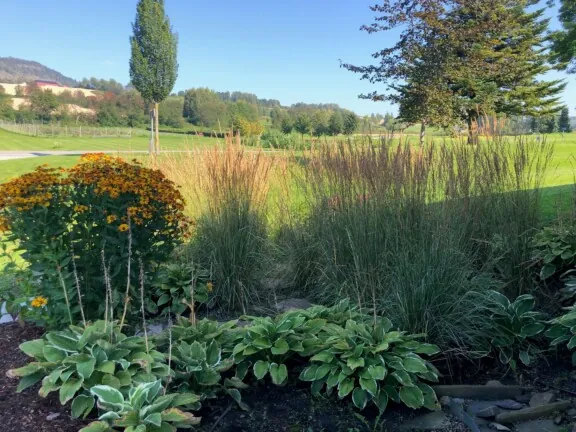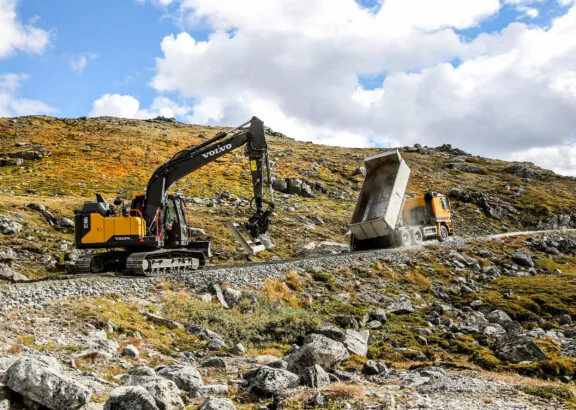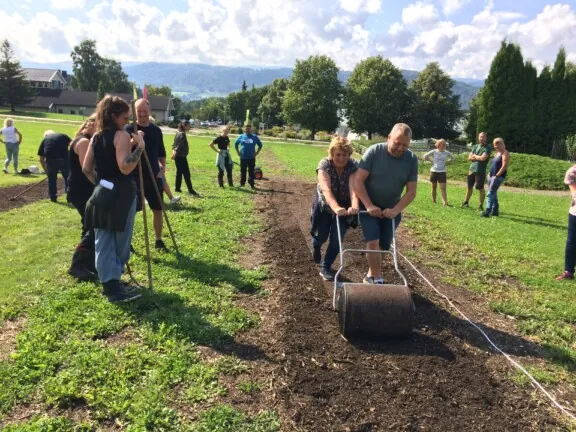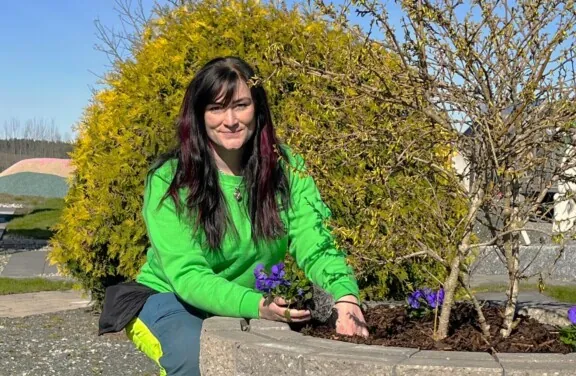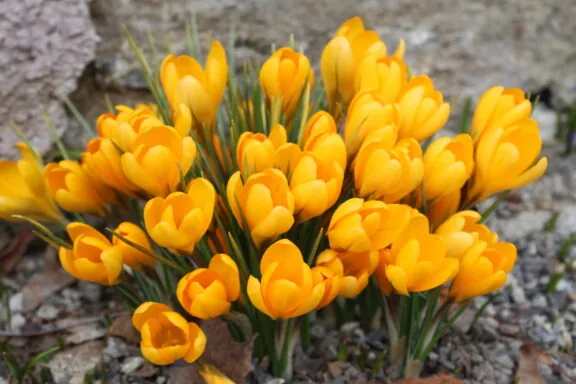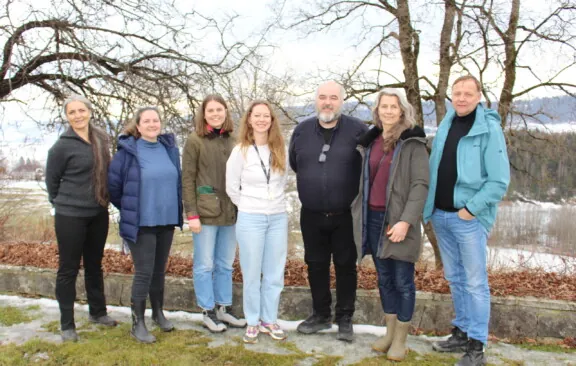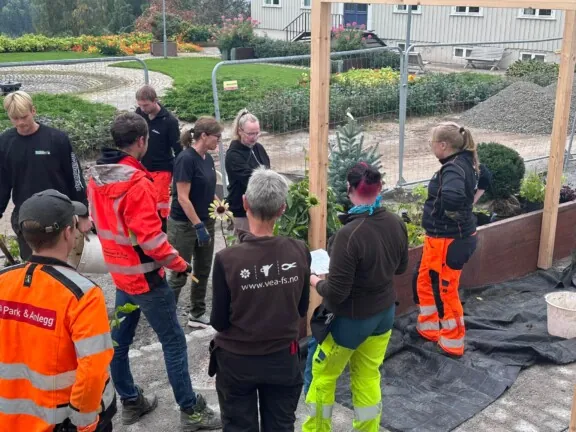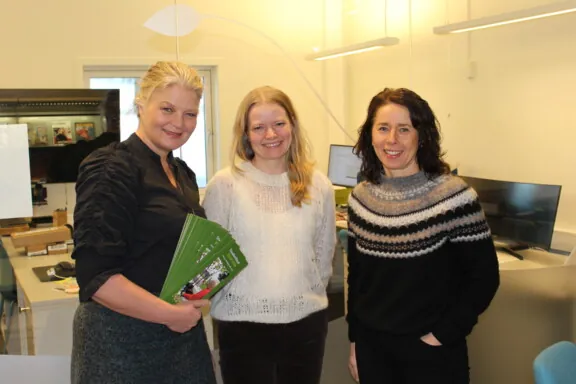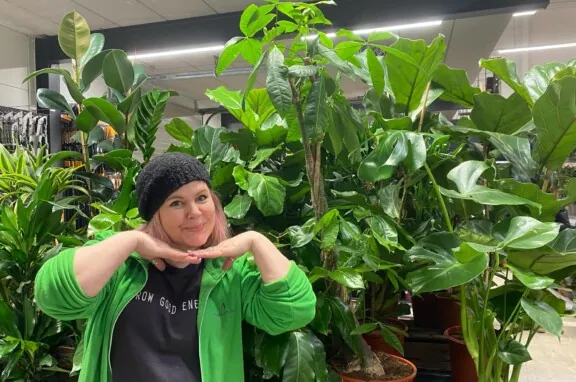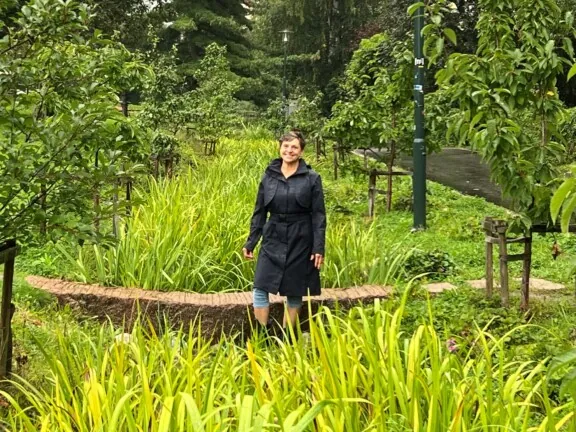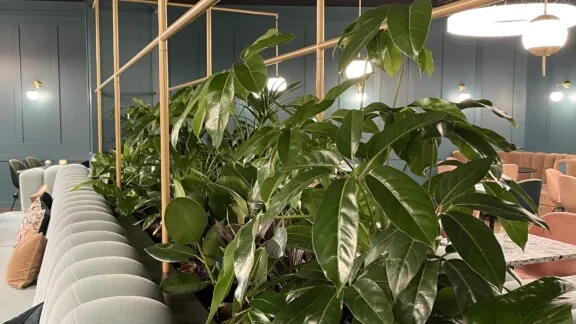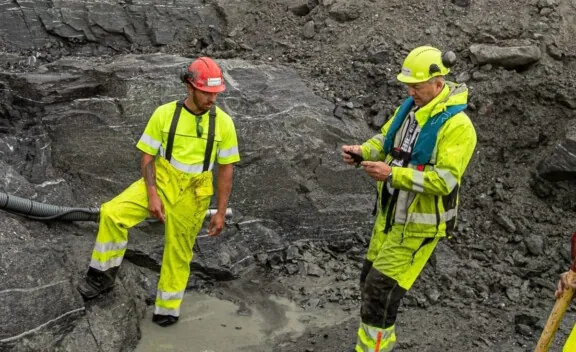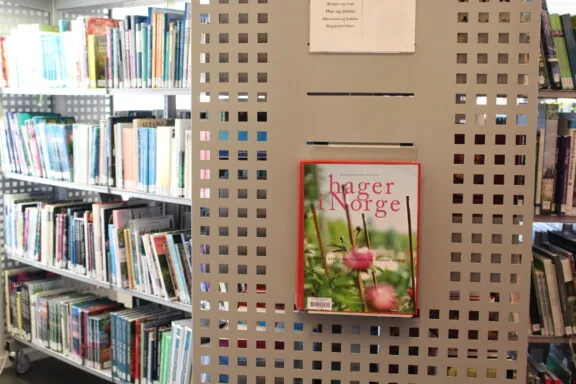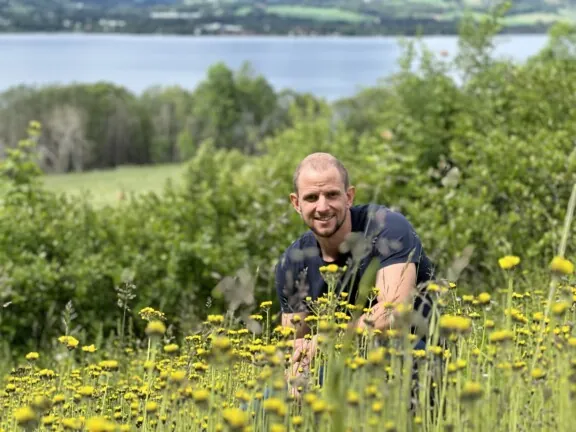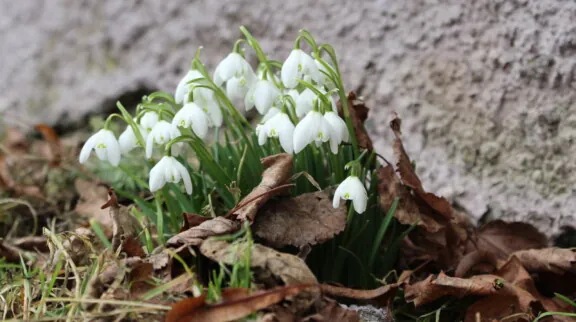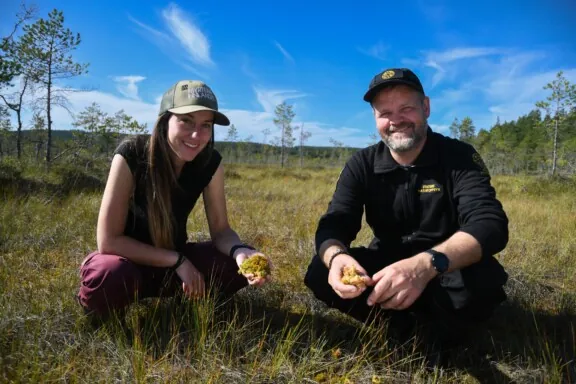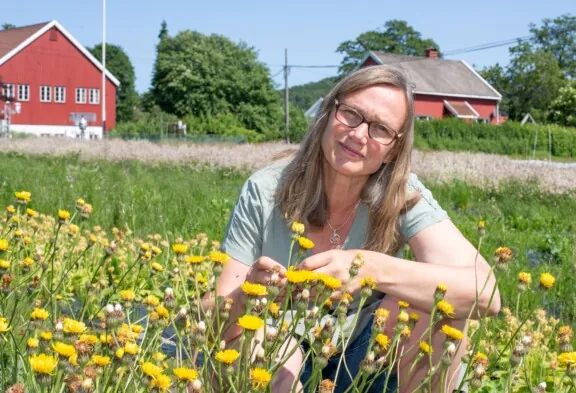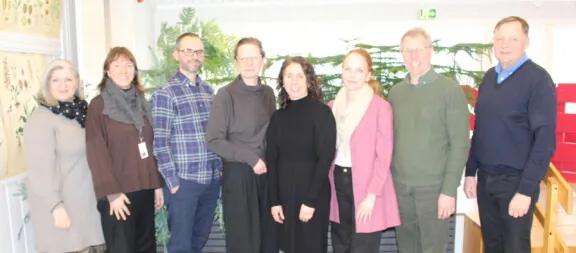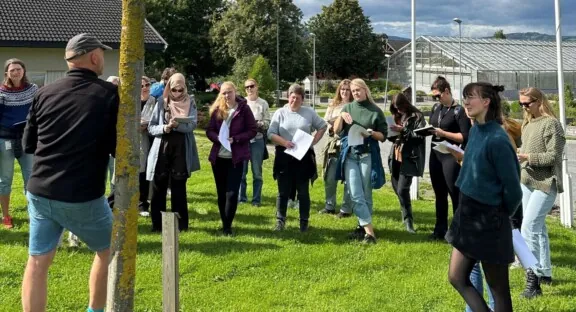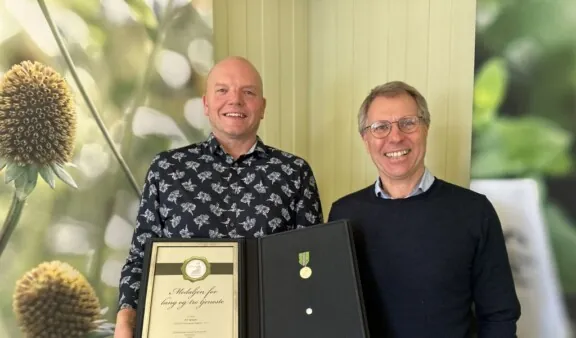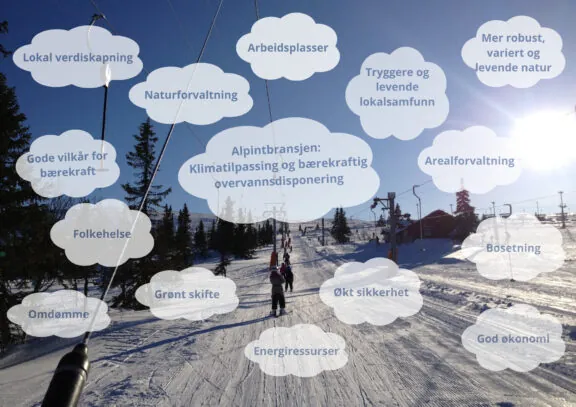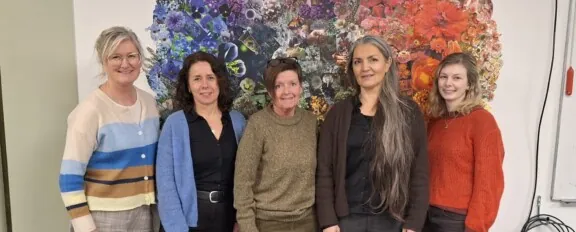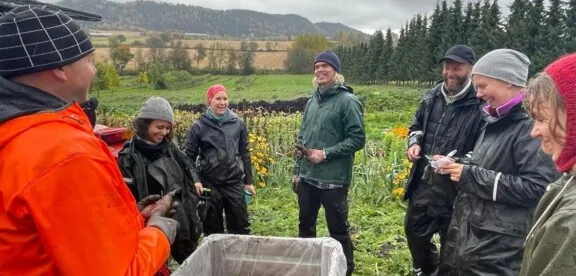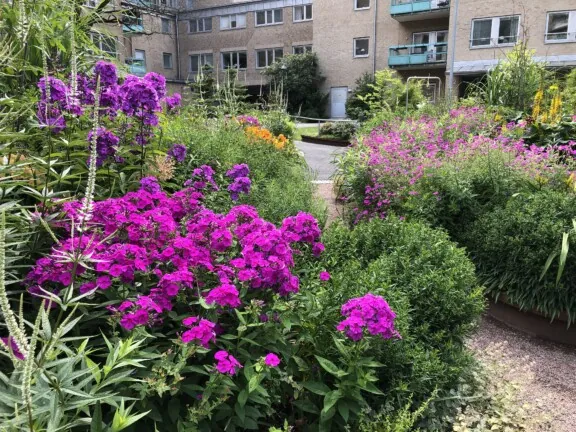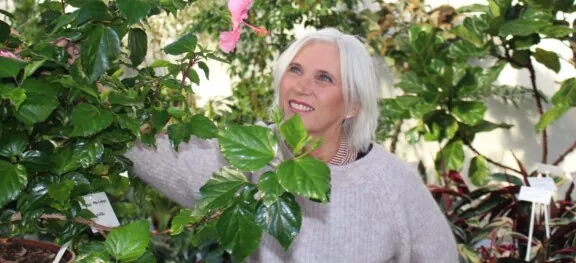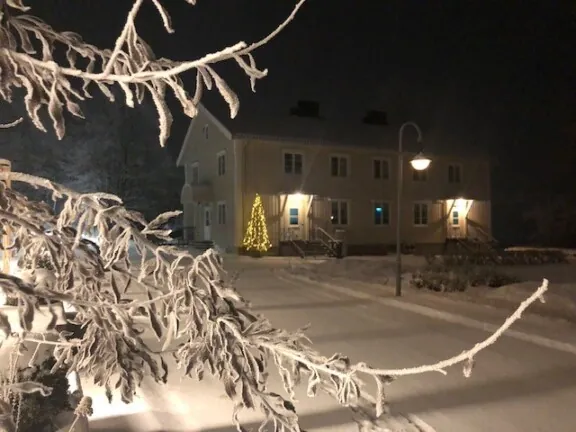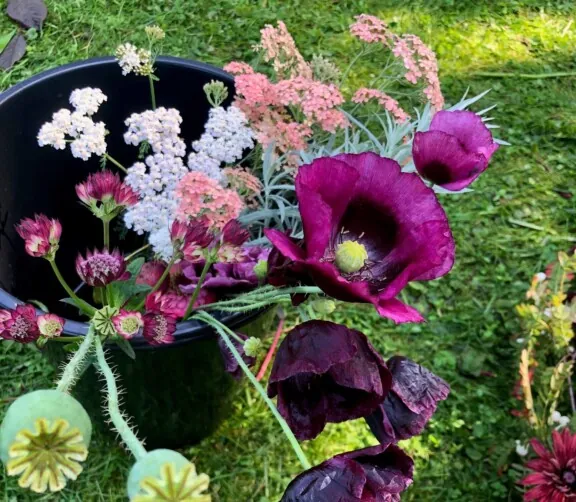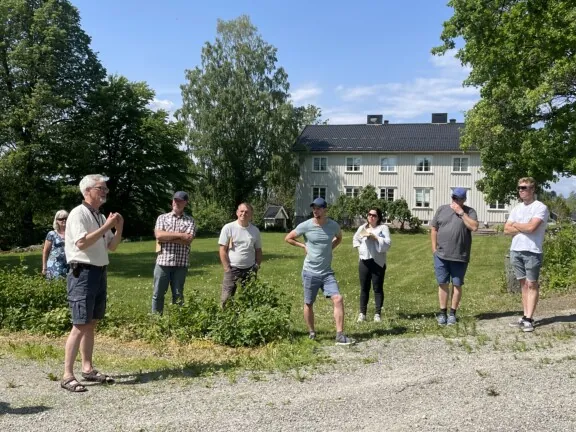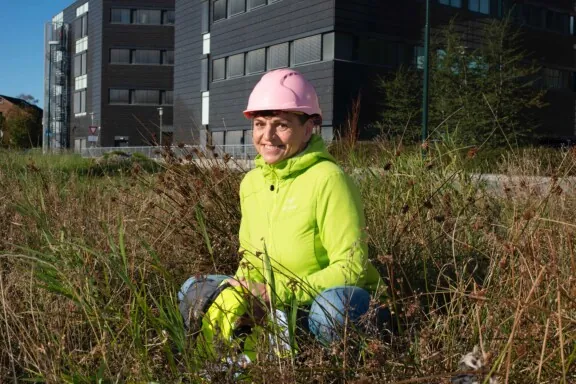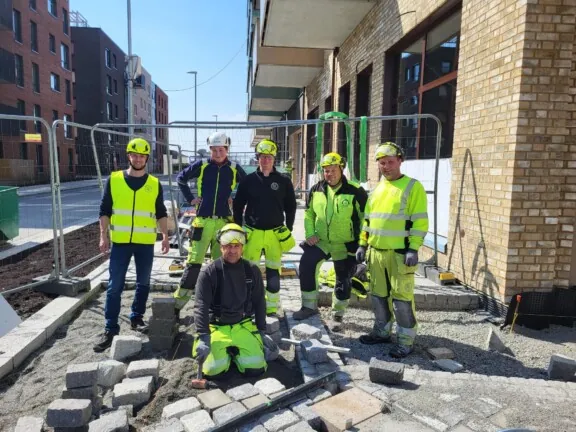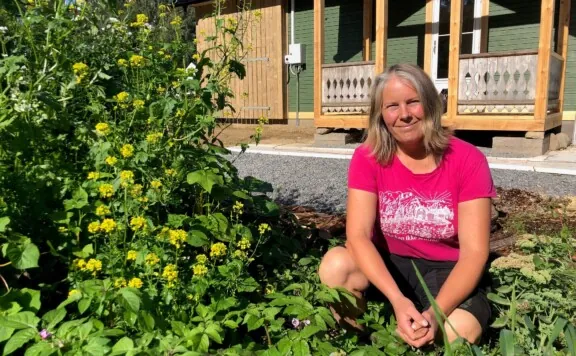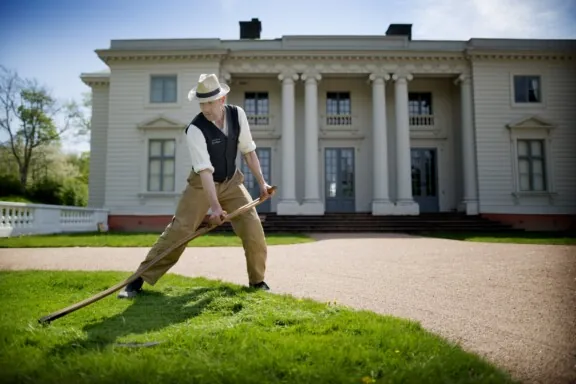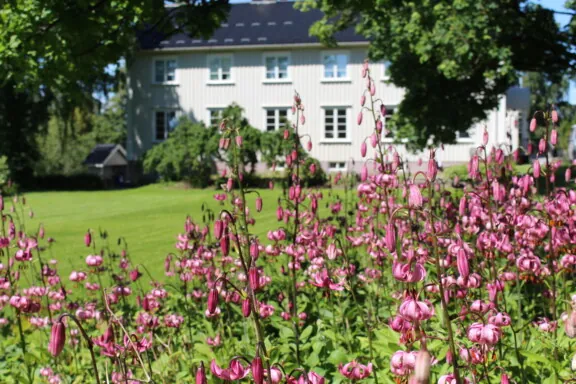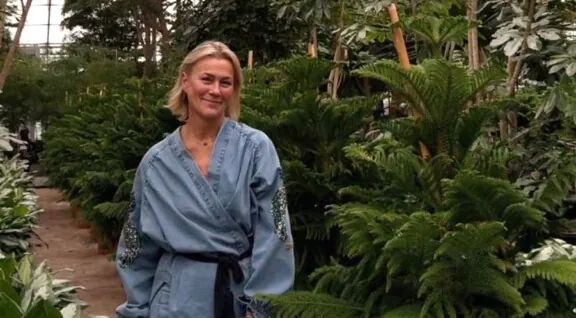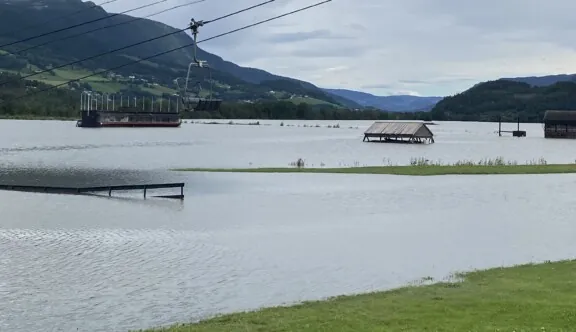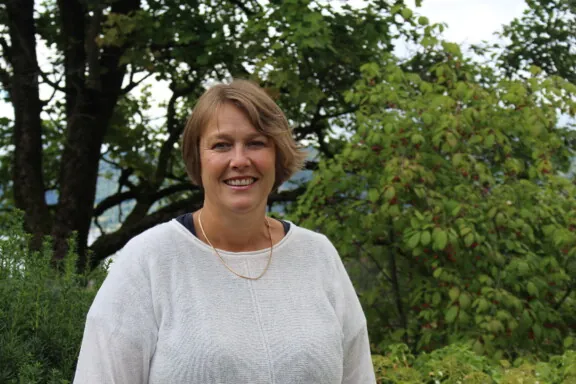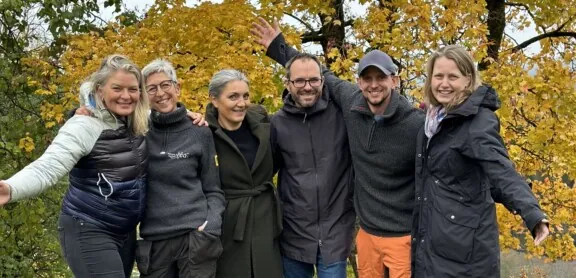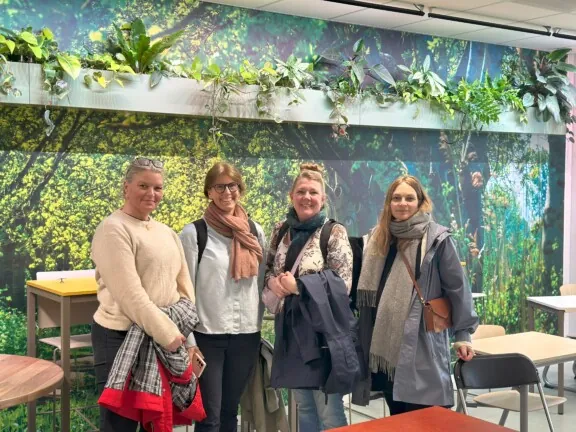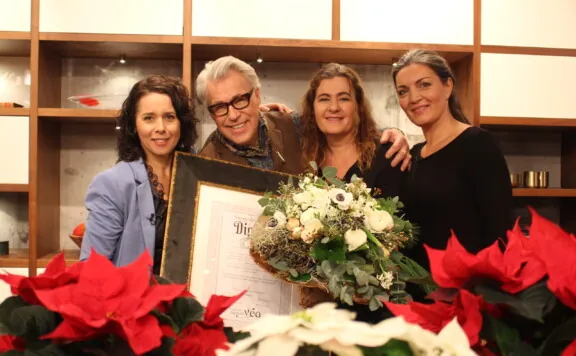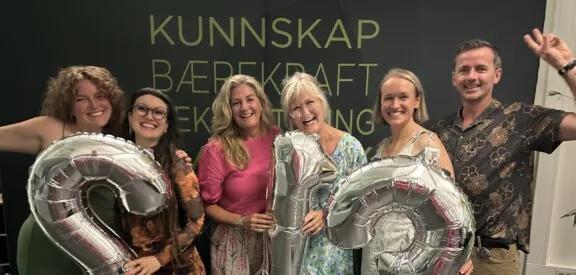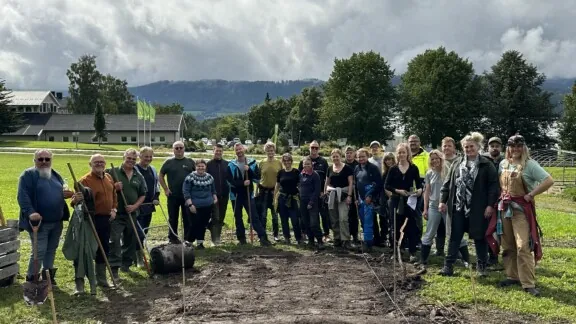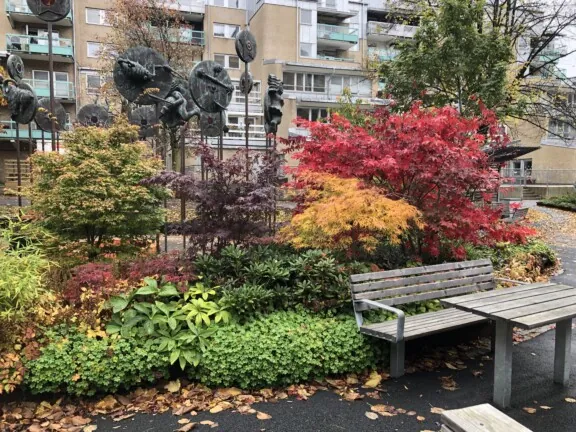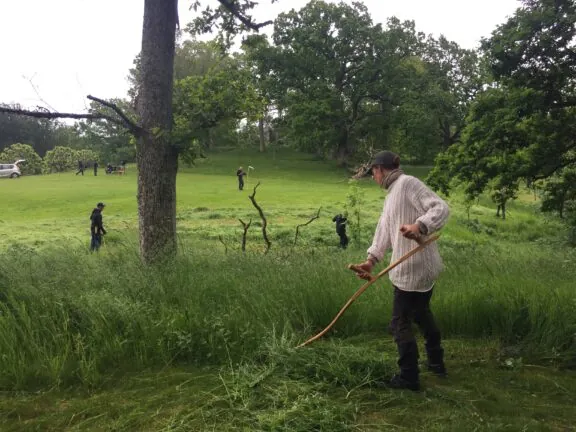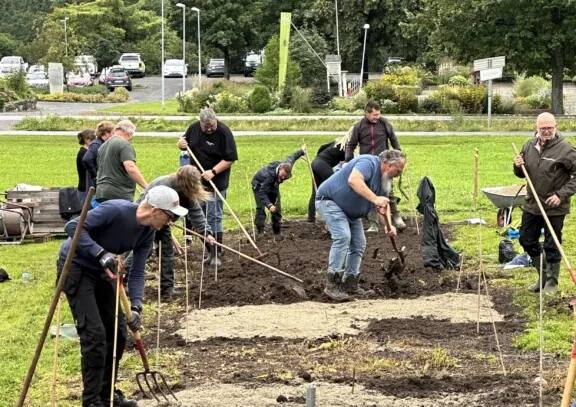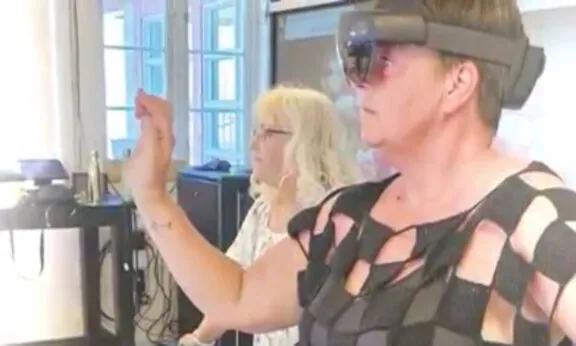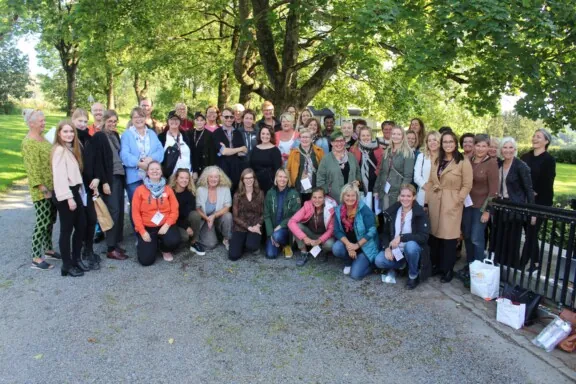Heritage gardens encapsulate so much of the natural and cultural capital and require a huge amount of knowledge and skill. But both are in increasingly short supply. CSGC aims to address this problem by finding best practice in nine selected fields of Garden Conservation and facilitating arenas for learning and sharing. During a period of three years, several activities will be arranged:
– nine all-day winter webinars, each introducing one of the topics from the field and preparing for the following thematic workshop
– nine practical workshops to explore and train the practical skills required
– five cross-topic seminars/conferences for dissemination and sharing
Join us for the first three online webinars in February and March:
08/02/2022 “Soil management in Historic Gardens”
Sign up here
More information about the Soil-webinar
22/02/2022 “Lawn and Meadow cultivation in Historic Gardens”
Sign up here
More information about the Lawn-webinar
15/03/2022 «Trained Fruit in Historic Kitchen Garden»
Sign up here
More information about the Trained Fruit-webinar
The webinars are free of charge and you will receive a link to Zoom after signing up.
Several speakers will share their expertise on different perspectives related to the topics. A great opportunity for meeting like-minded for sharing experience, networking and learning new skills.
| Overview of topics | Timing* | |
| Winter
Webinars |
Practical Workshops |
|
| Soil management in Historic Gardens (NO) | 08/02/2022 | 24.-25.05.2022 |
| Lawns and meadow cultivation in Historic Gardens (SE) | 22/02/2022 | 06.-09.06.2022 |
| Trained Fruit in Historic Kitchen Gardens (UK) | 15/03/2022 | 06.-07.09.2022 |
| Ornamental plants in Historic Gardens (UK) | 15/11/2022 | 20.-21.06.2023 |
| Trees in Historic Gardens in Climate Change (DE) | 10/01/2023 | 05.-06.09.2023 |
| Hedges and topiary cultivation in Historic Gardens (SE) | 24/01/2023 | 12.-13.09.2023 |
| Management of orangery plants in Historic Gardens (DE) | 07/11/2023 | 05.-06.03.2024 |
| Pathway and stone wall management in Historic Gardens (SE) | 21/11/2023 | 07.-08.05.2024 |
| Ponds and fountains in Historic Gardens | 16/01/2024 | 04.-05.06.2024 |
*Some changes in the timing may occur
More information about these activities will come on the project website in February.
Partners in the project
The partners are from four different countries:
Sweden: Craft Laboratory at the Department of Conservation, University of Gothenburg https://www.gu.se/en/conservation and Gunnebo House and Gardens https://gunneboslott.se/
Germany: Schloss Dyck/European Garden Heritage Network https://wp.eghn.org/en/european-garden-heritage-network-eghn/
United Kingdom: PlantNetwork https://plantnetwork.org/
Norway: Norges grønne fagskole – Vea (Norway’s green vocational college) www.vea-fs.no and
EUROMASC – European Master of Skilled Craft https://euromasc.org/
Each project partner plays an important role in the project and will host one, two or three of the workshops (as indicated in the table above).
About the Craft Skills for Garden Conservation-project
Two of the major crises that characterise the third decade of the 21st Century – Covid and Climate Change underpin this Erasmus + funded project. With green spaces playing a major role in our health and well-being during the covid crisis, it is ever more important that we have the skills to protect them from the ravages of climate change, as well as having the knowledge of sustainable techniques to reduce carbon emissions whilst doing so.
Heritage gardens encapsulate so much of the natural and cultural capital that sustains us during a time of crisis: tranquillity, beauty, productivity and biodiversity. These values require a huge amount of knowledge and skill. But both are in increasingly short supply. CSGC aims to address this problem by finding best practice in the various fields of Garden Conservation and sharing it among the partners and via the diverse bodies of Vocational Education and Training as well as professional horticultural associations. Whilst some nations have retained expertise in certain specialisms, others have not and are searching for guidance, whilst yet more have been researching the increasing relevance of historic techniques to our current challenges. This knowledge deserves wider dissemination if we are to build the necessary expertise throughout Europe and beyond.
We aim to use the latest, but also fully operational and accessible developments in virtual learning to allow a wide range of participants to share in this expertise. An all-day winter webinar will introduce each topic, followed by a range of videos/simulations/animations to explore the practical skills required. A smaller number of participants will then attend a hands-on workshop to practice those skills in the field and bring them back to disseminate to colleagues and fellow students.
At the end of this three-year project, we aim to see a growth and spread of such expertise throughout Europe, so that more local centres of excellence in training the skills emerge, avoiding the need for travel. We also hope to see further growth in the restoration of historic green spaces that can then form the focus for community participation, particularly amongst disadvantaged people who stand to gain so much from this important resurgence of green skills.
Contact information
Webinar and workshop coordinator: catherine.nicoll@vea-fs.no
Project coordinator: anne.stine.solberg@vea-fs.no
